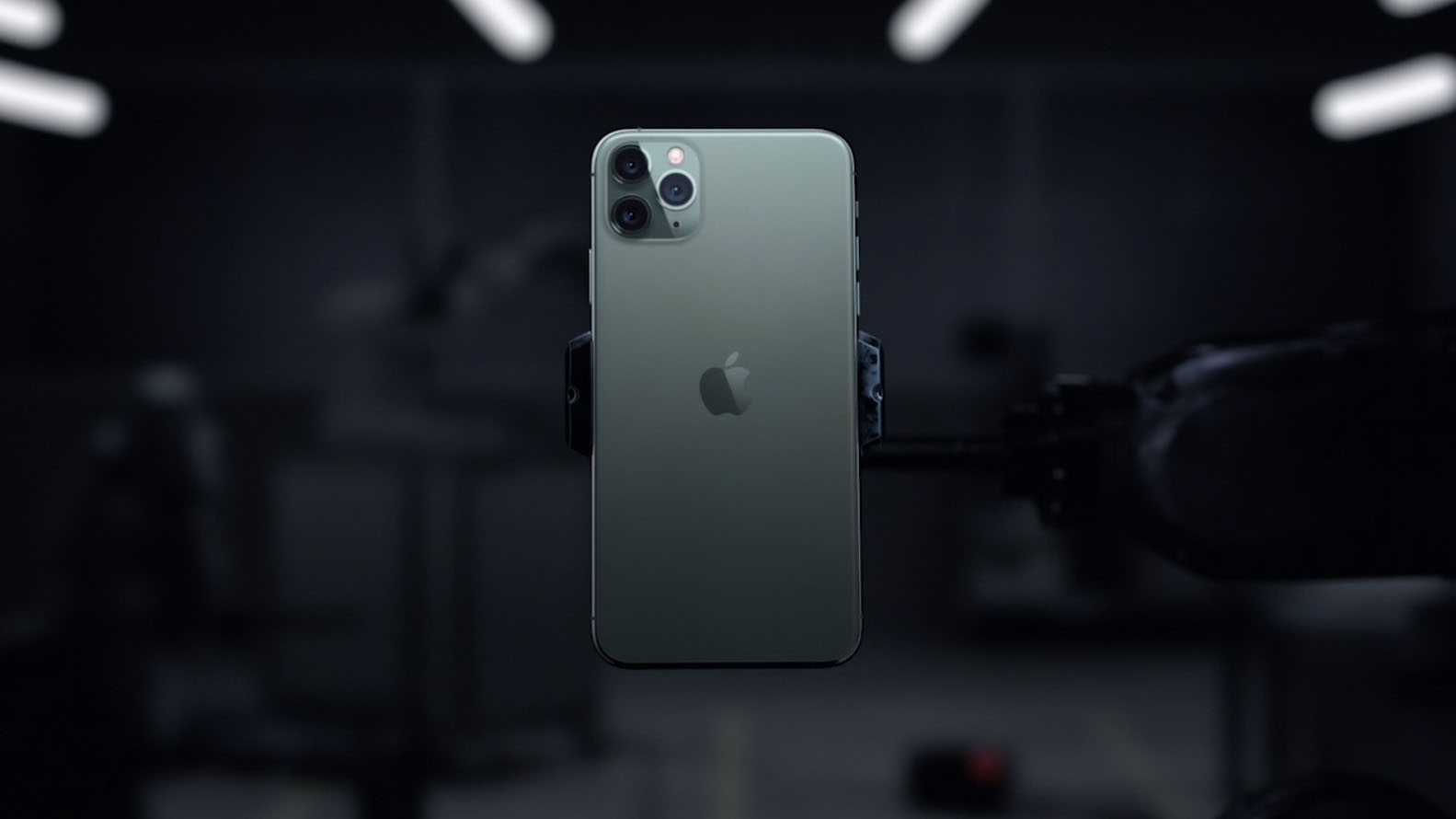Apple is expected to release the latest version of its smartphone operating system later this week, with iOS 13 due to roll out to users on Friday, September 19 – the same day the iPhone 11 and iPhone 11 Pro start hitting shelves.
However, a significant security flaw in the OS has been revealed that may mean you want to hold off installing it on your iPhone, at least for the time being.
Security researcher Jose Rodriguez (via The Verge) has discovered a lock screen bypass issue in the Gold Master version of the software, which represents the final beta stage of its development before being released to the public.
How it works is alarmingly simple. Just initiate a FaceTime call from the phone's lock screen, use the Siri voiceover feature to ask for the device's contact list, and access is granted to all the information that contains.
This includes personal information like the email addresses, phone numbers, social media profiles, dates of birth, and even physical addresses of the contacts.
Rodriguez discovered a similar flaw in iOS 12.1 last year and says he reported the iOS 13 issue to Apple as far back as July.
- All you need to know about the Apple Watch Series 5
iOS 13.1 release date – is it wise to wait?
The video above is from Rodriguez's YouTube channel and shows the exploit in action.
Fortunately, he says that the issue appears to be fixed in the iOS 13.1 beta, based on his testing.
This update is expected to be released to the general public on September 30, so if you want to be cautious, it doesn't look like it's going to be too long until a more secure version of the software is made available.
iOS 13 compatible devices
But whenever you opt to update to iOS 13, you'll need to make sure you have a device that's compatible with the new OS.
Here are the all the iPhones that are getting iOS 13. In addition, it will come to the 7th-generation iPod Touch.
- iPhone 11
- iPhone 11 Pro
- iPhone 11 Pro Max
- iPhone Xs
- iPhone Xs Max
- iPhone XR
- iPhone X
- iPhone 8
- iPhone 8 Plus
- iPhone 7
- iPhone 7 Plus
- iPhone 6s
- iPhone 6s Plus
- iPhone SE
The lock screen exploit demonstrated by Rodriguez is one reason you might want to delay installing iOS 13.
Another is that installing the latest versions of iOS on their release date is typically a taxing process.
With scores of iPhone users all wanting to be among the first to get the software up and running on their device, download times tend to be lengthy as Apple's servers attempt to cope with the onslaught.
Demand typically subsides after a few days, though, and the iOS update process becomes significantly quicker as a result.

